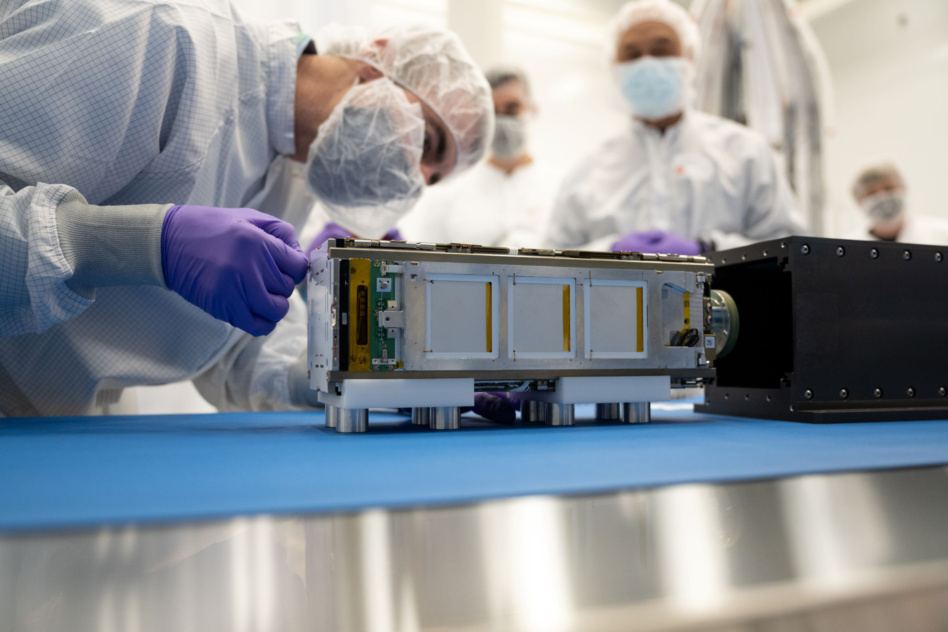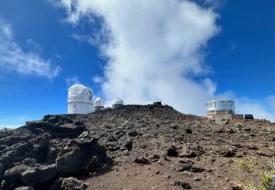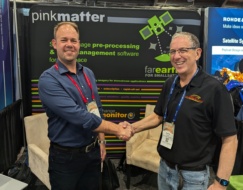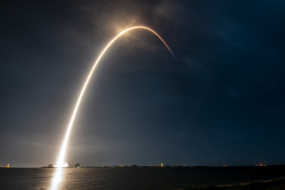Virgin Orbit and Spire Global have signed a buzzer-beating deal to send a Spire space debris-monitoring satellite to orbit. The satellite will launch aboard Virgin’s “Above the Clouds” LauncherOne mission later this month. The deal went through in record time, as the satellite gained FAA approval and was integrated within a day and a half of its arrival in Long Beach.
Fast and furious: Virgin Orbit is proving just how fast satellite integration can be in new space. Conversations to add the Spire payload to the rideshare began only 20 days before the satellite arrived at the Long Beach facility for integration, then took another 36 hours to fully integrate into the mission. “It’s flat-out amazing,” Virgin Orbit CEO Dan Hart said.
Virgin Orbit is planning to go public via SPAC imminently at a $3.7B post-deal valuation. “Above the Clouds” will be the second operational flight of LauncherOne, the company’s air-launched, small-lift launch vehicle.
What’s launching: Adler-1, a space debris-monitoring satellite that will provide Spire with in-situ data. Adler-1’s development in itself was an exercise in speed, going from initial concept to launch in under a year, according to Spire.
- Ten satellites for the US and Poland were originally slated to launch on “Above the Clouds.” Those payloads are all still on the manifest.
The big picture: Launch cadence is picking up, with a concurrent ramp in satellite production and deployment. A recent Euroconsult report estimated that 17,000 satellites will be launched by 2030 and concluded: “It’s all about fast space now.”




